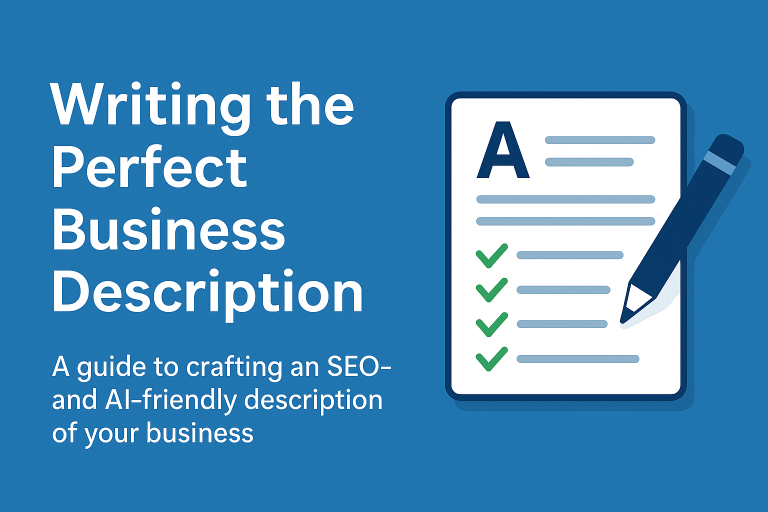Networking is the lifeblood of small business success in Australia. At SmallBizToolbox, we’ve seen first-hand how connecting with other entrepreneurs can spark innovation and growth.
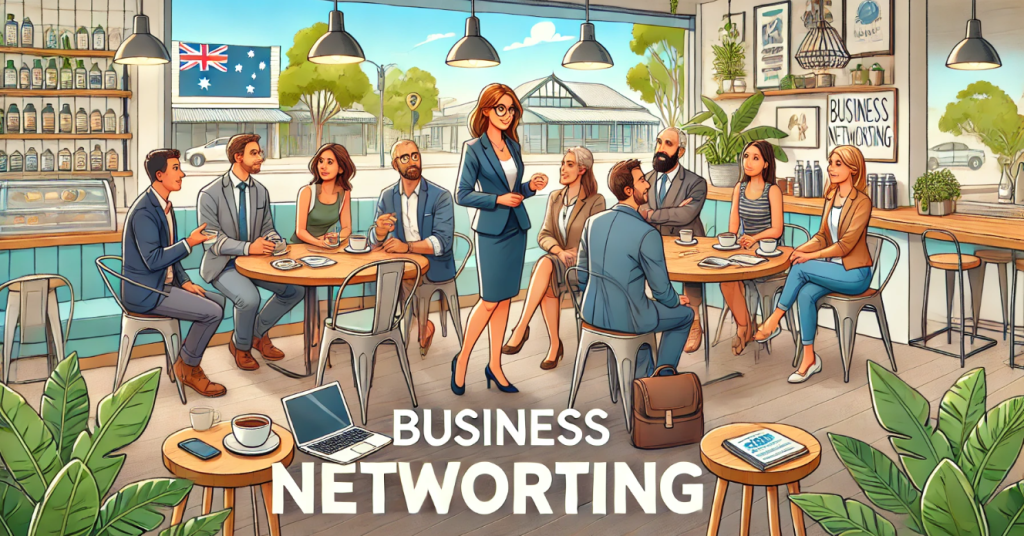
This guide will show you practical ways to build your small business network, both online and offline. From LinkedIn groups to local Chamber of Commerce meetings, we’ll cover strategies that work for Australian business owners.
Where to Network Online with Australian Small Business Owners
LinkedIn: Your Professional Networking Hub
LinkedIn stands out as a valuable platform for connecting with industry peers. Join groups such as “Australian Small Business Network” or “Small Business Owners Australia” to connect with peers. These groups provide opportunities for discussion, advice-sharing, and potential collaborations. Post regularly, comment on others’ posts, and reach out directly to interesting contacts.
Facebook Groups: Industry-Specific Connections
Facebook hosts numerous industry-specific groups for Australian businesses. For example, if you’re in retail, you might join “Australian Retailers – Small Business Chat.” These groups offer peer support, industry trends, and local market insights. Try to contribute valuable content and engage in discussions at least a few times a week to build your presence.
Twitter and Instagram: Real-Time Engagement
Twitter and Instagram offer unique ways to network. Use hashtags like #AussieBiz or #SmallBusinessAU to find and engage with other local business owners. On Instagram, follow and interact with businesses in your area or industry. Many business owners use these platforms to share behind-the-scenes glimpses, which can spark great conversations.
Online Communities and Forums
Platforms like SmallBizToolbox offer community features that connect you with other subscribers. These spaces often provide more focused, business-oriented discussions compared to general social media. Participate in forum discussions, join virtual meetups, and take advantage of any mentorship programs offered.
Maximizing Your Online Networking Efforts
Online networking is about quality, not quantity. Focus on building genuine relationships rather than collecting connections. Set aside time each week specifically for online networking activities. You’ll soon see your business network grow and flourish.
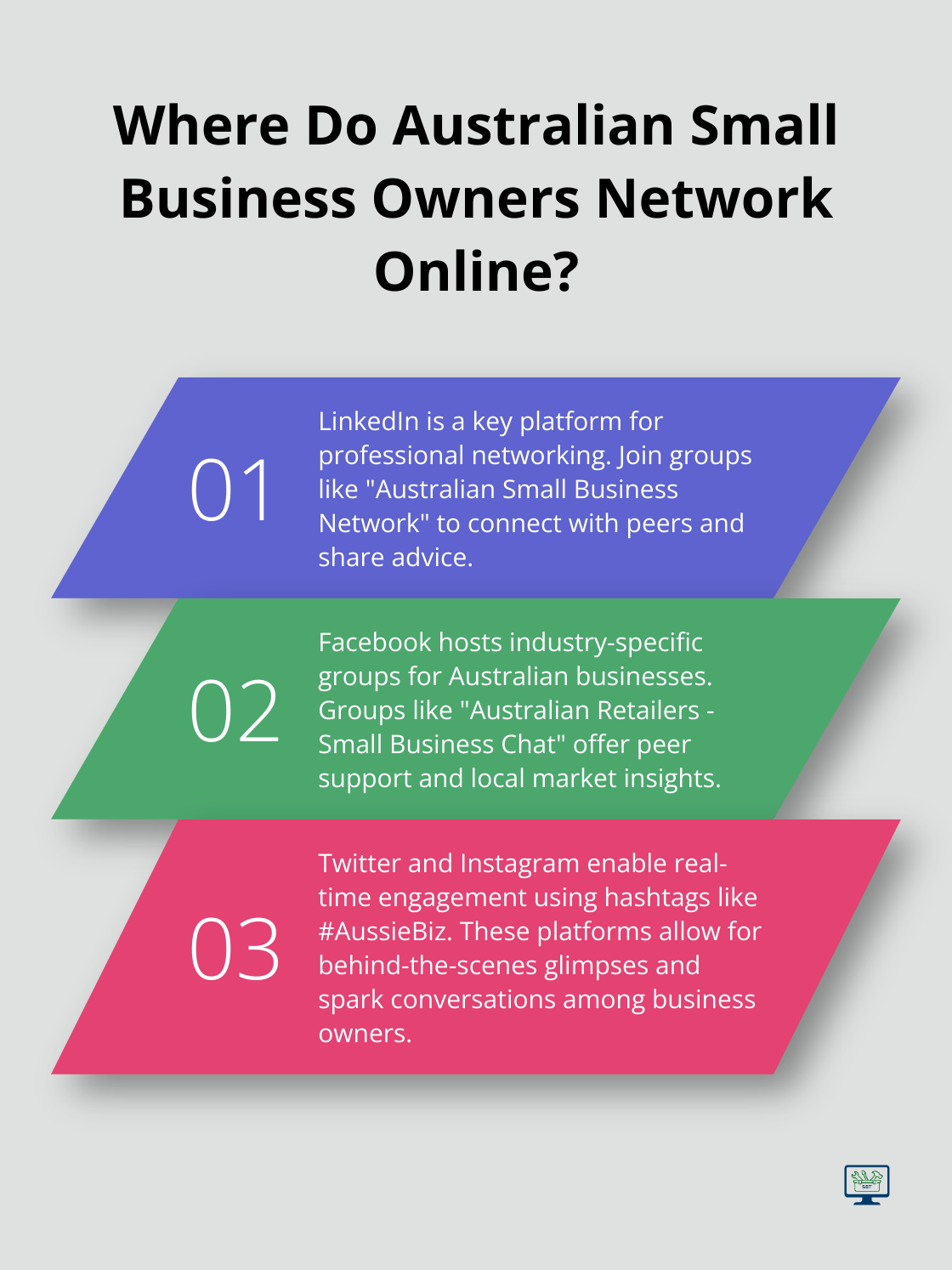
As you explore these online networking avenues, you’ll find that each platform offers unique opportunities to connect with fellow Australian small business owners. However, don’t limit yourself to just the digital realm. In the next section, we’ll explore offline networking events and organizations that can complement your online efforts and help you build even stronger business relationships.
Face-to-Face Networking for Small Business Owners in Australia

Chamber of Commerce: Your Local Business Hub
Local Chambers of Commerce offer powerful networking opportunities for Australian small business owners. These organizations host hundreds of business events each year, including networking sessions, seminars, learning courses, webinars, and lunches. The Sydney Business Chamber, for example, organizes monthly networking breakfasts that allow you to connect with local business owners over coffee and pastries.
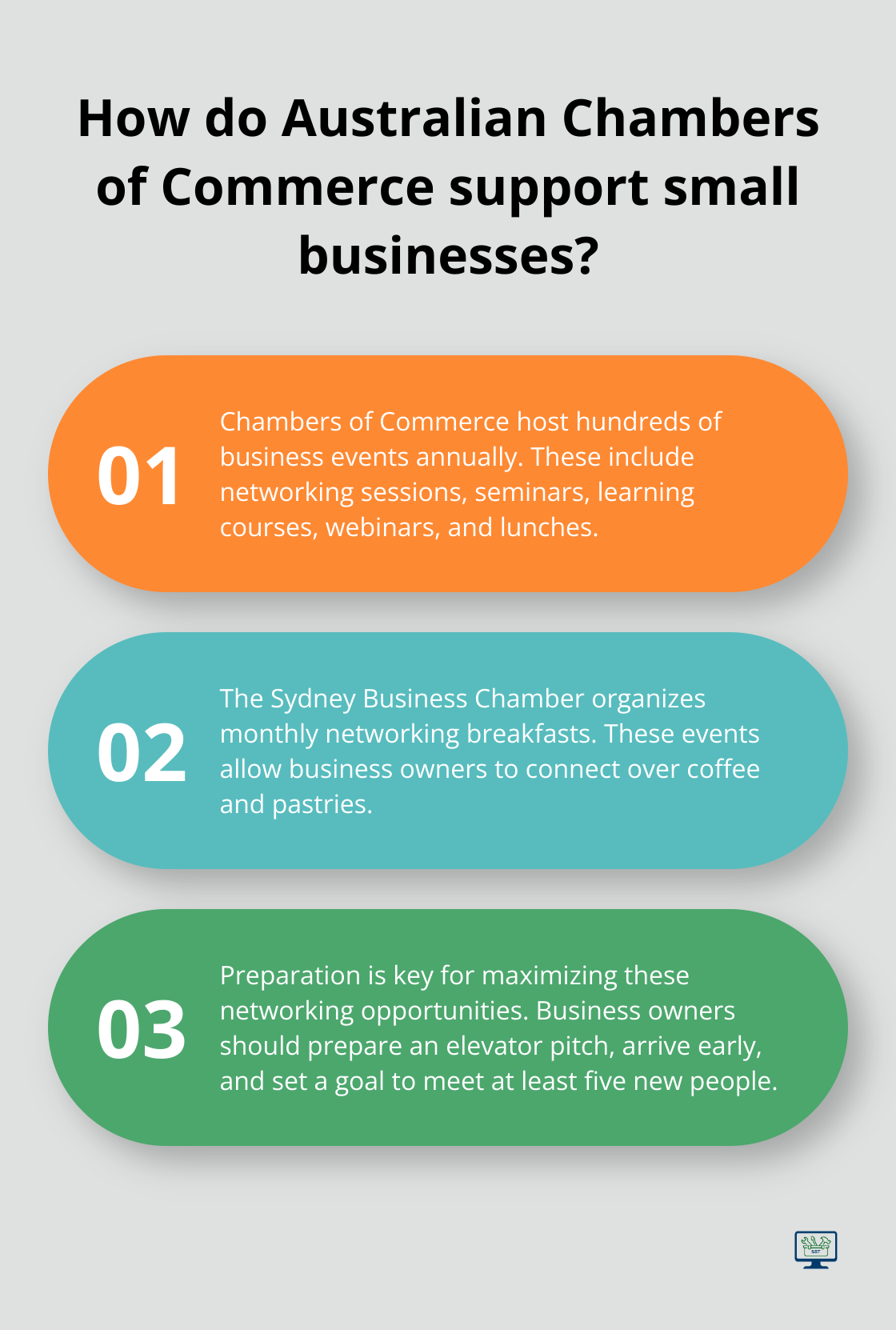
To maximize these events, prepare a concise elevator pitch about your business. Arrive early, set a goal to meet at least five new people, and follow up with your new contacts within 48 hours.
Industry Associations: Targeted Networking
Joining industry-specific associations puts you in direct contact with peers who face similar challenges. These associations provide a collective voice for individual businesses within an industry. The Australian Retailers Association hosts regular events where retail business owners can share insights and form partnerships.
These associations offer more than just networking. Many provide access to industry reports, legal advice, and advocacy services. The investment in membership fees often pays off through valuable connections and resources (which can be especially beneficial for new business owners).
Small Business Meetups: Casual Connections
For a more relaxed networking atmosphere, explore small business meetups in your area. Websites like Meetup.com list numerous groups specifically for entrepreneurs. These gatherings often have a casual vibe, which makes it easier to form genuine connections.
A successful approach involves attending meetups regularly. Familiarity builds trust, and you’ll find that relationships develop naturally over time. Don’t focus solely on what others can do for you – offer your own expertise and support to build reciprocal relationships.
Co-working Spaces: Network While You Work
Co-working spaces blend workspace and networking opportunities uniquely. Many of these spaces, such as Hub Australia or WeWork, host regular events for members. Even on a day-to-day basis, you’ll have chances to connect with other business owners over a coffee in the communal kitchen.
Try out different co-working spaces with day passes before committing to a membership. This allows you to find the space with the right mix of amenities and networking potential for your business.
Virtual Events: Bridging the Gap
While face-to-face networking remains invaluable, virtual events have become increasingly popular (and necessary) in recent years. Many organizations now offer hybrid events, combining in-person and online elements. These events can provide additional opportunities to connect with business owners across Australia, expanding your network beyond your local area.
Platforms like SmallBizToolbox offer virtual networking events and forums specifically designed for Australian small business owners. These online spaces can complement your in-person networking efforts and help you build a diverse, nationwide network of contacts.
As you explore these face-to-face (and virtual) networking opportunities, you’ll discover that building strong relationships takes time and effort. In the next section, we’ll examine how government and non-profit resources can further enhance your networking strategy and provide additional support for your small business.
Government and Non-Profit Resources for Small Business Networking
Australian small business owners have access to numerous government-backed resources for networking and growth. These resources provide valuable opportunities to connect with peers, industry leaders, and potential partners.
Australian Small Business and Family Enterprise Ombudsman (ASBFEO)
The ASBFEO offers regular networking events and workshops. These gatherings allow business owners to connect with peers and stay informed about policy changes that affect their operations. Business.gov.au has an events and training finder to help small and family businesses find government-run or government-funded events and training opportunities.
State-Based Development Programs
Each Australian state has its own small business development corporation that offers tailored programs for local entrepreneurs. For example, the NSW Small Business Commission runs monthly Small Biz Connect events. These sessions bring together business owners for structured networking and learning opportunities (often featuring expert speakers and interactive discussions).
Local Council Initiatives
Local councils often organize business breakfasts, workshops, and mentoring programs specifically for small business owners in their area. The City of Melbourne hosts a Small Business Mentoring Program that pairs experienced mentors with local entrepreneurs. This program not only provides valuable guidance but also expands participants’ local business networks.
Business.gov.au Portal
The Australian Government’s business.gov.au portal lists hundreds of business events across the country (many of which are free to attend). Users can search online for wholesalers, attend industry events or exhibitions, join industry groups, forums, and/or professional networks, or use industry databases to find relevant networking opportunities. The portal also offers webinars and online forums where business owners can connect with each other and government representatives.
Industry Associations
Industry-specific associations put business owners in direct contact with peers who face similar challenges. These associations often provide access to industry reports, legal advice, and advocacy services. The Australian Retailers Association, for instance, hosts regular events where retail business owners can share insights and form partnerships.
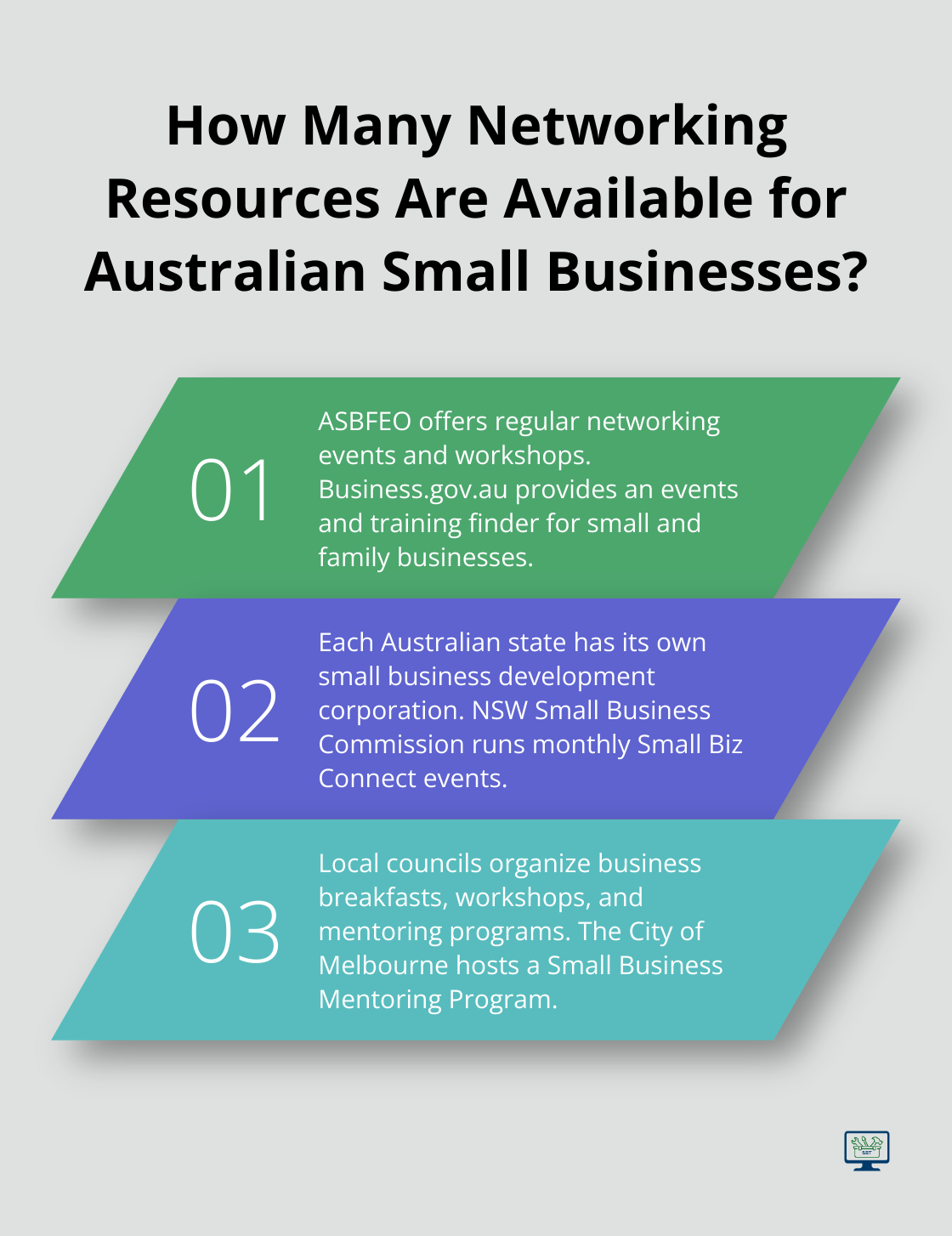
To maximize the benefits of these resources, try to attend events regularly and follow up with new contacts promptly. Look for ways to add value to your new relationships, as networking through these channels can lead to partnerships, mentorships, and even government contracts that can significantly boost your business growth.
(While exploring these government and non-profit resources, don’t forget to check out SmallBizToolbox for additional networking opportunities and business growth tools tailored specifically for Australian small business owners.)
Final Thoughts
Small business networking in Australia offers numerous opportunities for growth and collaboration. We explored various strategies, from online platforms to face-to-face events, and highlighted government resources that foster connections among entrepreneurs. Consistent engagement and prompt follow-ups transform casual acquaintances into valuable business relationships.
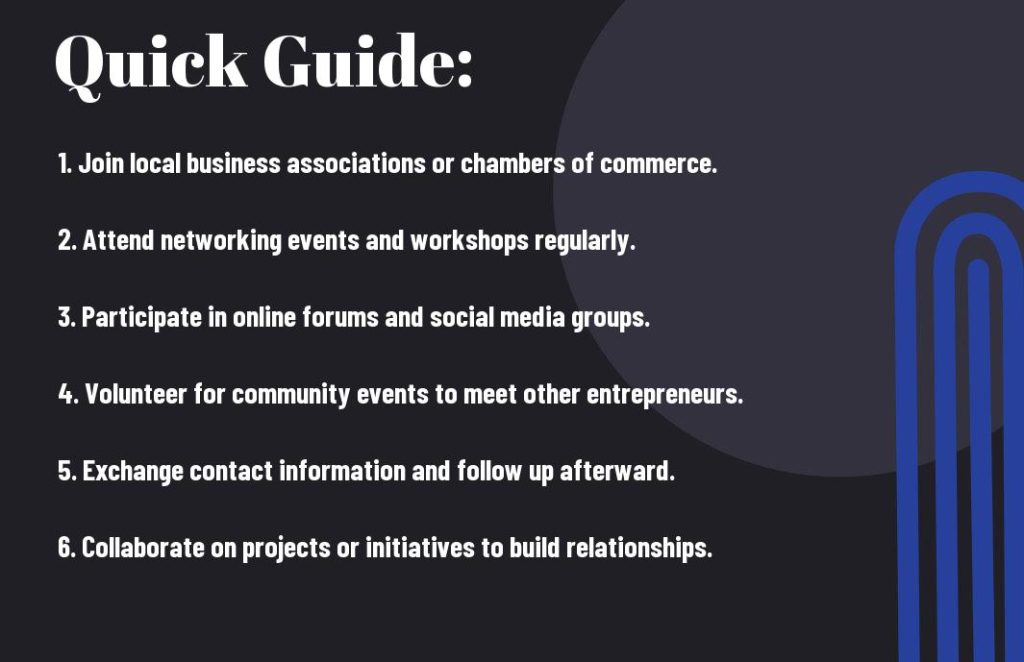
SmallBizToolbox provides a supportive community of Australian business owners, along with tools and insights to help you expand your network. Our platform offers resources to maximize your networking opportunities and grow your business. You can find AI-driven content creation tools and personalized toolkits to enhance your networking efforts.
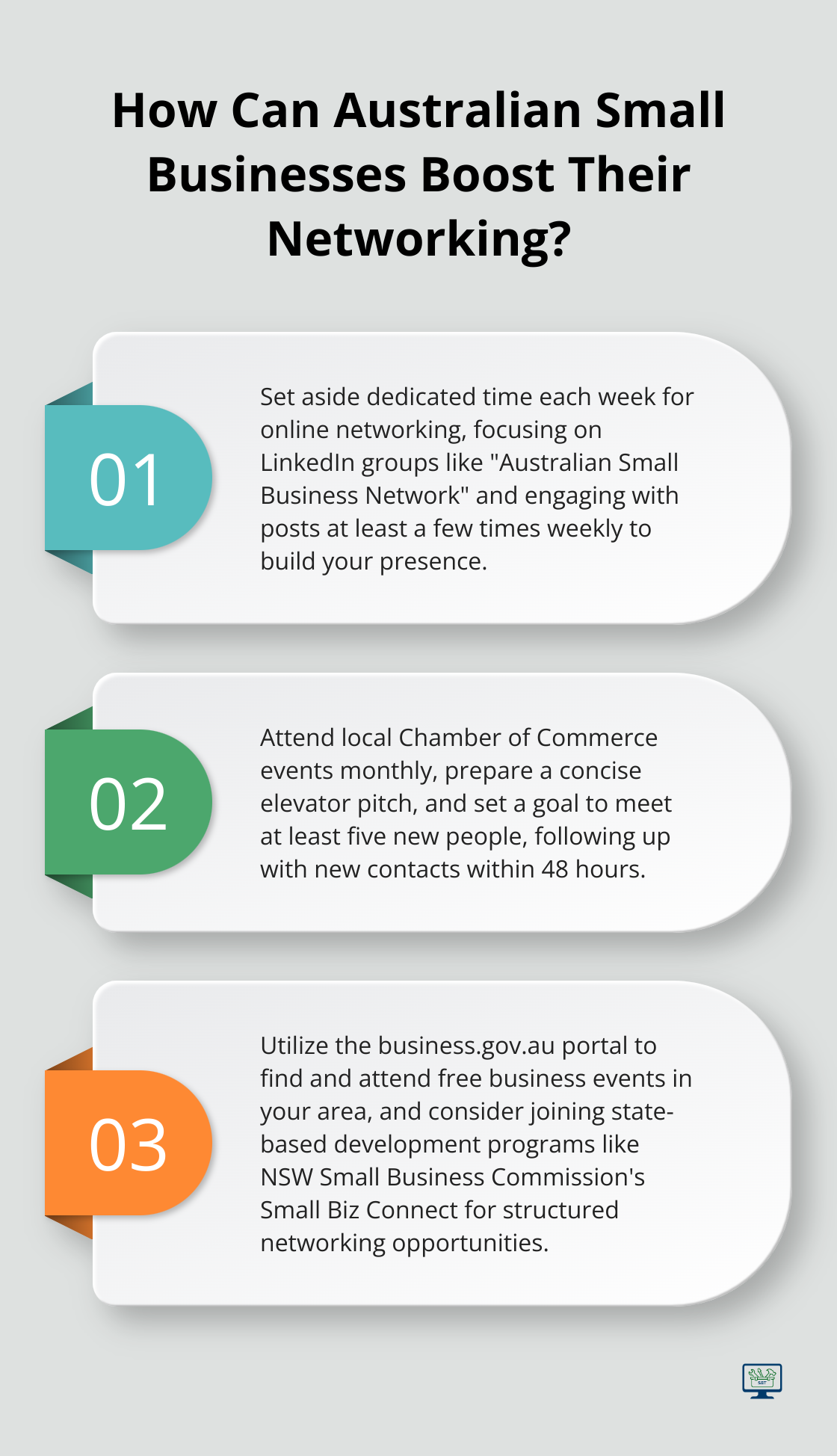
Start building your network today. Every connection has the potential to open new doors for your business. Join a LinkedIn group, attend a local business event, or explore the networking features on SmallBizToolbox (your next big opportunity might be just one connection away).
How useful was this Resource?
Click on a star to rate it!
Average rating 0 / 5. Vote count: 0
No votes so far! Be the first to rate this post.
We are sorry that this post was not useful for you!
Let us improve this Resource!
Tell us how we can improve this Resource?







